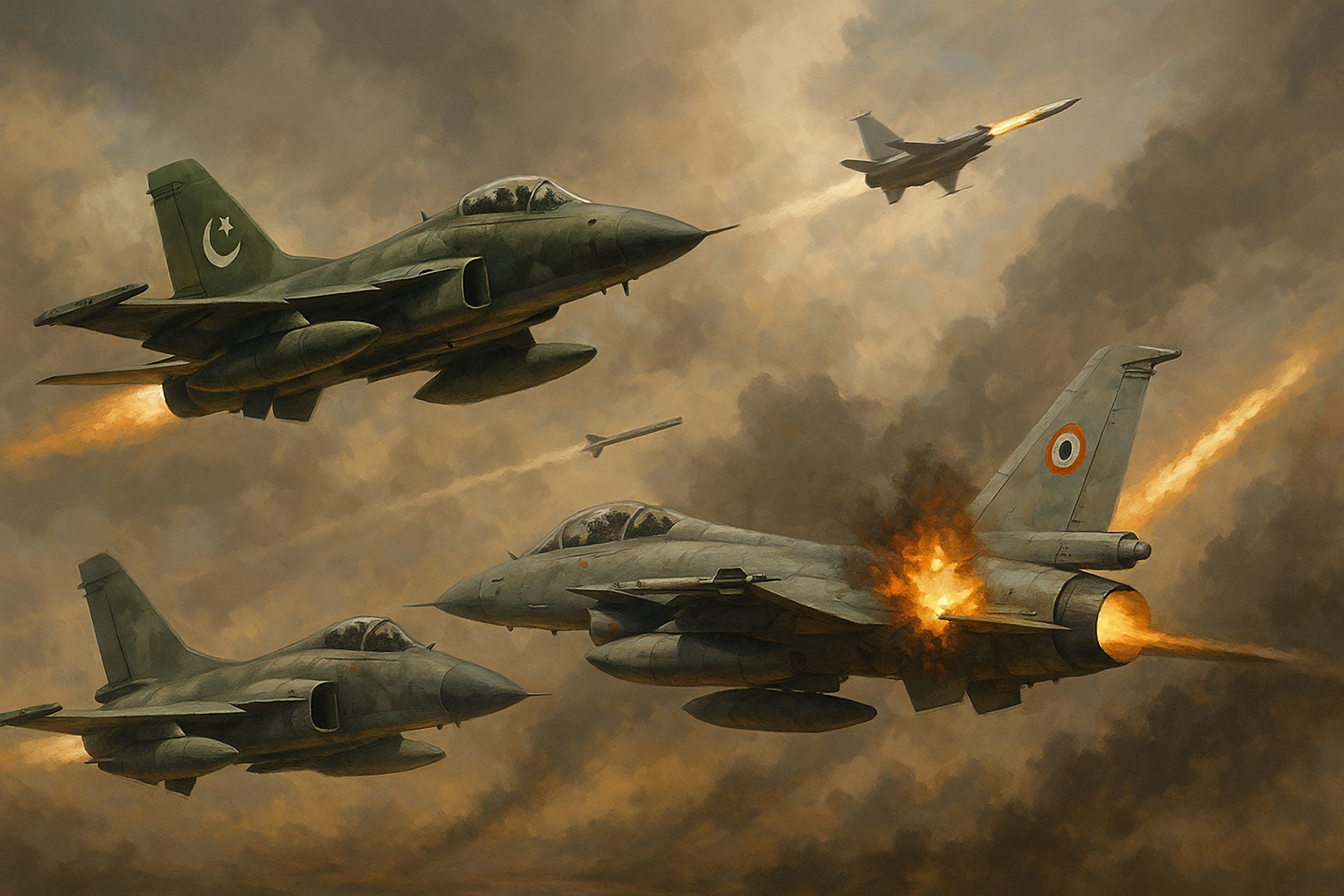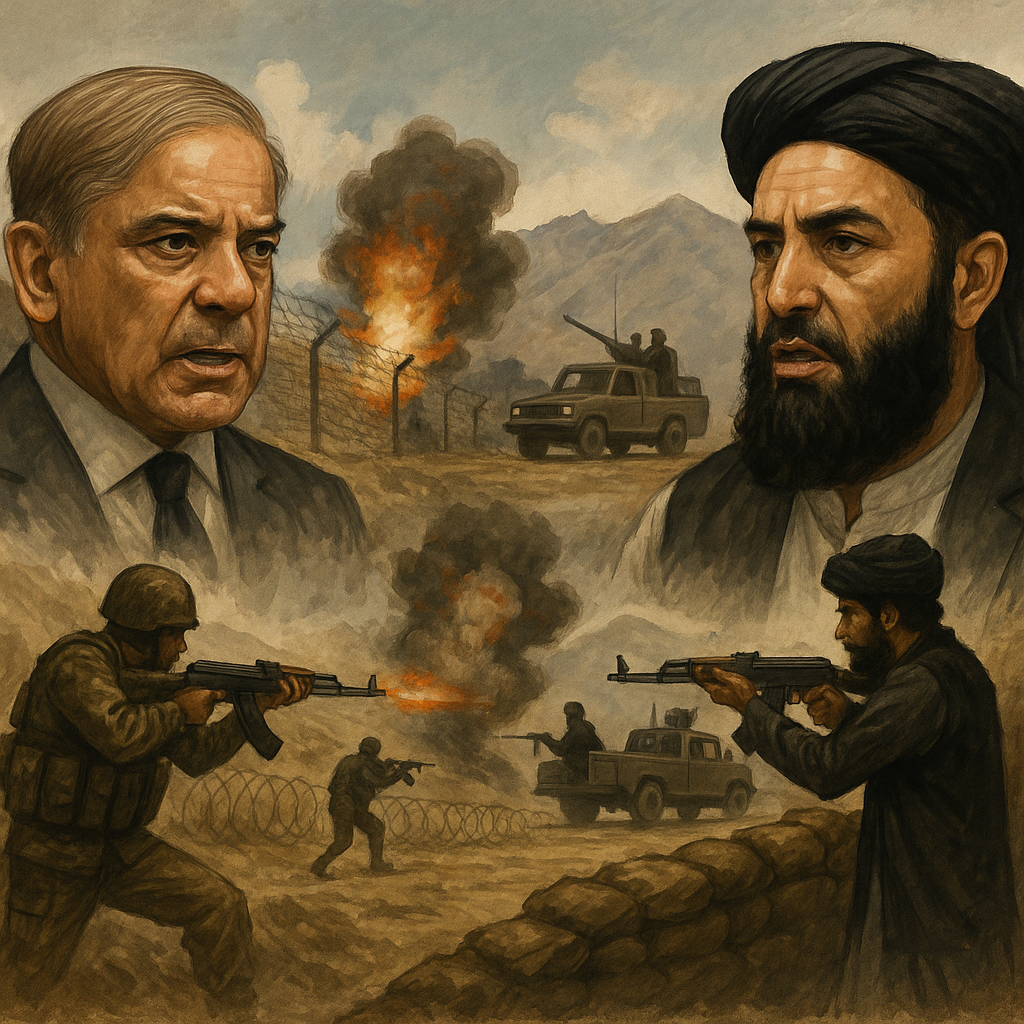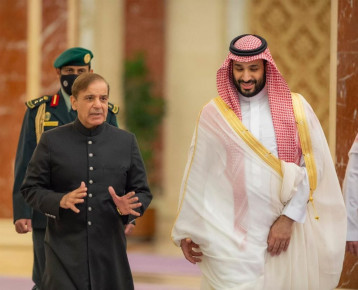Muhammad Attaullah Khan
Introduction:
Artificial intelligence (AI) is the latest invention in the modern world. It is based upon Internet, Computing science, software development, APP designing, computer languages , Mathematics and Robotics. Its exponential use in all sectors of life including health, agriculture, finance, industry and national defence is bringing revolution in the modern scientific age. However, in this article we will remain focused upon use of AI in modern warfare, or, in other words use of AI in protecting national security.
*Use in Defence Sector*
As the era of Artificial Intelligence has started in traditional and non-traditional aspects of state security the developing countries are utilizing AI in securing the state on both land and air as well as at sea. Pakistan, a South Asian state which had just got independence in 1947, has many challenges to face in the modern world. The state has a rival in the east and a dangerous neighbour in the west, and has many internal security challenges such as sectarian conflicts and terrorism. The developing needs of AI in the defence paradigm of Pakistan is very important as well as in many other fields like health, education, agriculture, economy , politics and governance .
With these given challenges AI holds an importance to enhance the capability of the state security in these major aspects of terrorism and state rivalries. It enhances Pakistan’s apparatus of security to deal with these problems with more efficiency than at present. AI can notably transform technology in the fields of economy and security especially for Pakistan. The areas of transformation include cyber security, surveillance, reconnaissance, decision support system, threat detection and machine learning defence mechanism. AI adoption can increase efficiency of conduct of operations, response to attacks and blockages of the hacking programmes in the cybersecurity field. With its benefits, AI also brings security risks, bias integration and many challenges of its own as it is in symbiotic relation with the state security system. That’s why ethical considerations are very important to understand the dos and don’ts of AI.
*Modern Defence Capabilities & AI*
AI has ANN (artificial neuron network) which resembles the human brain functioning and auto learning that basically creates a whole major aspect of the AI use in the modern world. The USA, China, Russia, the UK, and India all are trying their best to add AI to the highest extent in the national security framework. The aim of India to become a superpower is getting possible everyday but it has a rivalry with Pakistan that makes it insecure in the defence area. Pakistan, being a military friend of China, has also acquired new AI technologies for the future challenges from the enemy states. India has designed a whole department for the AI and IT security challenges.
India has established a Defence Cyber Agency that is responsible for Indian Cybersecurity.
*Pakistan ‘s Endeavours*
Meanwhile, the traditional Cyber Security models have been designed for future perspectives in Pakistan as Pakistan is about to roll out its first AI policy in 2025.The threat to Pakistan is major cyber-attacks from international, national, or non-state actors.
Pakistan on the other hand already induced AI in the traditional Security paradigm in warfare which successfully made use of AI in the 2019 “Operation Swift Retort” and mote recently in the “Operation Bunyanum Marsoos”. Both resulted in a win-win situation according to Pakistan official authorities. The AI powered PL-15E Chinese active radar guided air-to-air missiles were used by the PAF during the dogfight with the IAF, and caused huge damages to the IAF as three French Rafales, one Russian Su30-MKI and 1 Russian MiG-29 were shot down. Pakistan also damaged the S400 defense system of the Indian military. This was made possible by indigenously developed AI capabilities embedded with Chinese version of J-10 aircraft wherein AI was successfully employed to cordinate, air, ground and Radars to hunt Indian aircraft as explained by Chairman JCSC (Gen. Sahir Shamshad) in an interview. Pakistan has also provided radar proofs and voice chats of the Indian pilots as evidence to international media testifying AI led Operation by Pakistan defence forces.
*AI & Cyber Attacks*
The patterns of cyber-attacks can be detected, eliminated and saved for future detection by AI, and it can save Pakistan from major digital problems. India claims that Pakistan used AI in the “Operation Swift Retort” and was helped by China, and that the PAF had acquired AI technology back in 2019 in reply to the Indian Balakot bombing.
The PL-15E missile, with a combination of PAF skills and the AI power in collaboration, did wonders on the battlefield. The range of AI-powered missiles is almost 124 miles and proved as a turning point during recent conflict. No doubt Chinese arms and tech was a game changer during the “Operation Bunyanum Marsus” however, the induction of AI by Pakistani R& D Cyber experts increased our defence capabilities against India manifold as India remained unaware that Pakistan is rapidly moving ahead in AI field particularly in defence sector.
The patterns of cyber-attacks by India or any adversary can be detected, eliminated and saved for future detection by AI, and it can save Pakistan from major digital problems.
Actually in the year 2020 , PAF’s Centre of Artificial Intelligence and Computing (CENTAIC) started a Cognitive Electronic Warfare (CEW) for using Artificial Intelligence and Machine learning in the decision making and warfare support systems. That confirmed that Pakistan possessed AI technologies in the traditional fields of security and warfare and in response India also started to compete in the same race of acquiring AI technology for the air force.
*AI collaboration with China*
Pakistan in collaboration with China has also announced a budget to establish Sino-Pak Centre of Artificial Intelligence (SPCAI) which will work for academia in Austria and China as well. The Pakistan Army in 2022 opened its Cyber Command in which the Army Centre of Emerging Technologies is assumed to have AI as its primary research.
*Recommendations*
a- AI and cybersecurity be given top priority in Budget 2025-26 as Pakistan cannot afford to neglect this issue of national importance.
b- Full spectrum use of AI be used to combat terrorism in KP and Balochistan as the elements of Fitna -al-Hindustan will soon be using Cyber space to damage military and vital installations in Pakistan so a strong Cybersecurity defence is need of hour
c- Cyber attacks by RAW against Pakistan are very much on cards and now it is a matter of time that when and how it is used to steal vital information of Pakistani defence system.
d- The Indian defence experts are seeking latest technology wherein AI generates “anonymous ” cyber attacks which will be capable to jam the proper functioning of Pakistani missile system which very recently hit various targets inside India.
e- Dedicated R&D labs be developed to counter AI generated Cyber threats .
The author is former Joint Director General, Intelligence Bureau and a geo-political analyst.


